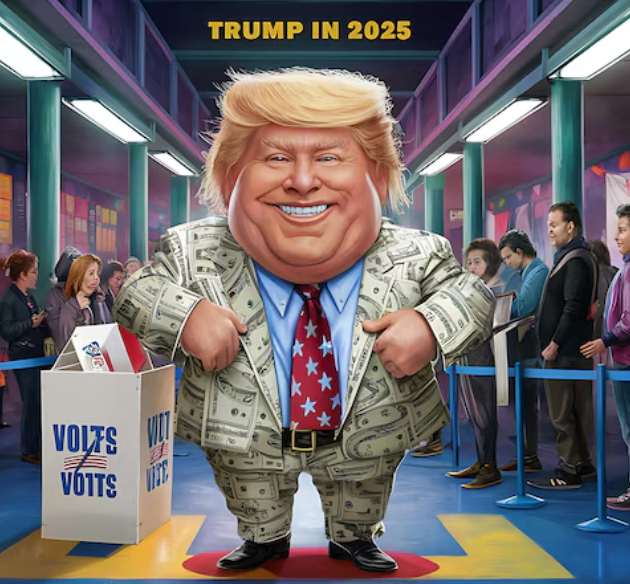# $SPY $TSLA #Trump #NuclearTesting #Russia #GlobalSecurity #Geopolitics #Pentagon #DepartmentOfWar #DefensePolicy #NuclearWeapons #MilitaryStrategy
Will Russia React to Trump’s Push for Nuclear Tests? What It Means for Global Security
In recent developments, former President Trump announced that he has directed the Pentagon, now referred to as the “Department of War,” to resume nuclear testing. This move has sparked significant concern in the realm of international relations and security, especially within the context of ongoing Russia news. The implications of such a decision could reverberate through global security dynamics, prompting a potential shift in military strategies among nations.
Escalating Tensions in Global Security
Trump’s call to resume nuclear testing raises critical questions about the stability of international agreements surrounding nuclear weapons. The potential for the United States to re-enter a phase of active nuclear testing could trigger a response from Russia, a country that has historically viewed such actions as provocative. Analysts are increasingly concerned that this could lead to an arms race, with both nations bolstering their nuclear arsenals in a show of strength.
The backdrop of this announcement includes ongoing geopolitical tensions between the U.S. and Russia. The dissolution of previous arms control agreements, combined with the rebranding of the Pentagon, signals a shift in U.S. military posture. Should Russia perceive this as a threat, it may respond by enhancing its own nuclear capabilities, further destabilizing the global security landscape.
Impact on International Relations
The resumption of nuclear testing could complicate diplomatic relations, not only with Russia but also with other nuclear powers. Countries that have been working towards disarmament may view this move as a setback, potentially undermining years of negotiations aimed at reducing nuclear arsenals worldwide. The United Nations and other international bodies may face pressure to respond, leading to renewed discussions about nuclear non-proliferation and security cooperation.
As nations assess their strategic options, the global market may also react to these developments. Investors often closely monitor geopolitical risks, and any indication of escalating military tensions can influence stock prices. For instance, defense contractors may see increased interest, while broader market indices may experience volatility as uncertainty looms.
What’s Next for the Market?
As the situation unfolds, market participants should remain vigilant. The intersection of military policy and economic implications is significant. Investors may want to keep an eye on defense sector stocks, particularly those with contracts linked to nuclear capabilities and military technology. For more insights on stock market trends, visit our stock news section.
On a broader scale, the implications of Trump’s directives could extend beyond traditional defense contractors. Companies involved in cybersecurity and technology may find themselves at the forefront of national security discussions. As nations invest in strategic capabilities, the entire tech sector could see shifts in demand.
Conclusion: Monitoring the Global Security Landscape
In summary, Trump’s announcement to resume nuclear testing could have far-reaching consequences on global security and international relations. As Russia contemplates its response, the balance of power may shift, impacting economic conditions across the globe. Investors should remain informed and adaptable, as geopolitical developments can create both opportunities and risks in the financial markets.
For ongoing coverage and analysis of the intersection between global events and financial markets, stay tuned to our updates. As always, understanding the implications of geopolitical shifts is crucial for informed investment decisions.










Comments are closed.